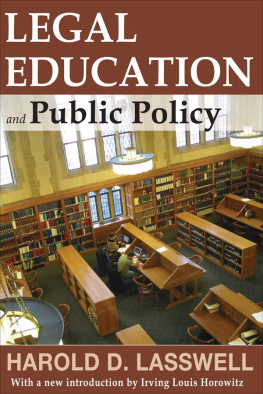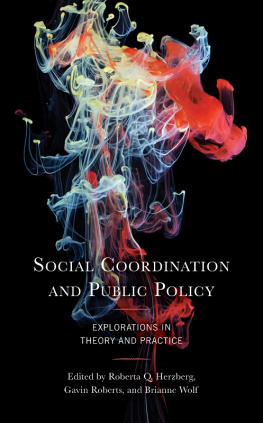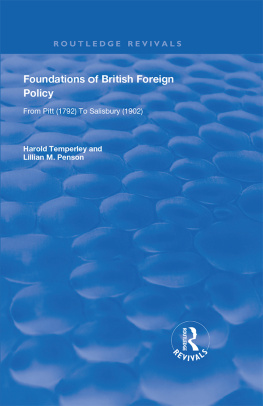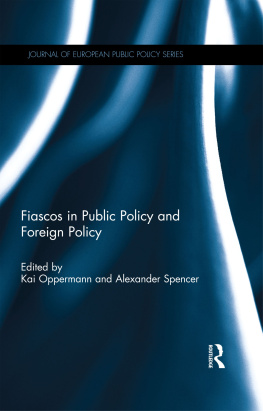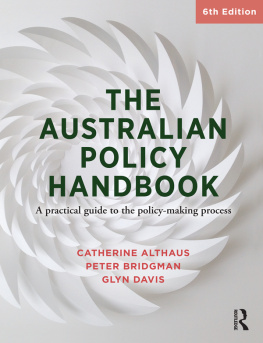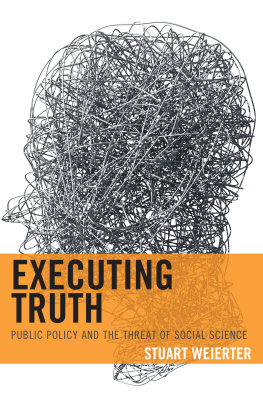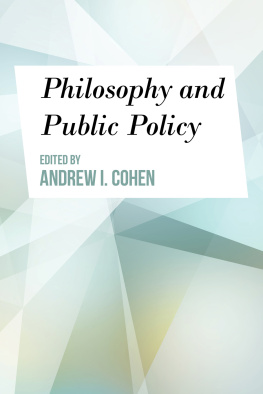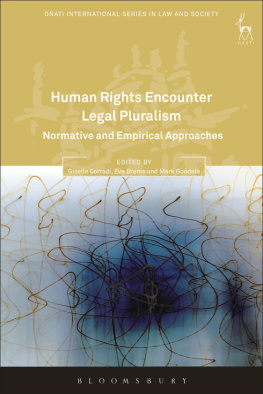Originally published in 1947 by Oxford University Press
Published 2012 by Transaction Publishers
Published 2017 by Routledge
2 Park Square, Milton Park, Abingdon, Oxon OX14 4RN
711 Third Avenue, New York, NY 10017, USA
Routledge is an imprint of the Taylor & Francis Group, an informa business
New material this edition copyright 2012 by Taylor & Francis.
All rights reserved. No part of this book may be reprinted or reproduced or utilised in any form or by any electronic, mechanical, or other means, now known or hereafter invented, including photocopying and recording, or in any information storage or retrieval system, without permission in writing from the publishers.
Notice:
Product or corporate names may be trademarks or registered trademarks, and are used only for identification and explanation without intent to infringe.
Library of Congress Catalog Number: 2011028473
Library of Congress Cataloging-in-Publication Data
Lasswell, Harold D. (Harold Dwight), 1902-1978.
[Analysis of political behaviour]
Legal education and public policy / Harold D. Lasswell; with a new
introduction by Irving Louis Horowitz.
p. cm.
Originally published under title: The analysis of political behaviour. New
York: Oxford University Press, 1947.
ISBN 978-1-4128-4287-7
1. Political science. 2. Policy sciences. 3. Law--Political aspects. 4.
Political leadership--Psychological aspects. I. Title.
JA38.L4 2012
320.01--dc23
2011028473
ISBN 13: 978-1-4128-4287-7 (pbk)
Publishers Note
The publisher has gone to great lengths to ensure the quality of this book but points out that some imperfections from the original may be apparent.
The author desires to acknowledge the courteous permission received from responsible publishers and editors to reproduce, in whole or impart, articles appearing in the following journals and symposia: American Journal of Sociology; American Political Science Review; American Scholar; Chinese Social and Political Science Review; Ethics; Personnel Journal; Political Quarterly (London); Psychiatry: Journal of the Biology and the Pathology of Interpersonal Relations; Public Opinion Quarterly; Studies in Philosophy and Social Science; Yale Law Journal; The Future of Government in the United States, Essays in Honor of Charles E. Merriam, edited by Leonard D. White.
The following colleagues have kindly allowed me to make use of joint papers: Myres S. McDougal, Professor of Law, Yale Law School; Gabriel Almond, Assistant Professor of Political Science, Brooklyn College; Dr. Renzo Sereno, University of Chicago. Aid in exploring some of the newer avenues to knowledge has been received from many sources. In particular, my acknowledgments go to the Social Science Research Committee of the University of Chicago; the Rockefeller Foundation, New York City; and the Library of Congress, Washington, D.C. Dr. Nathan C. Leites, of the Department of Political Science, University of Chicago, has been a productive collaborator and keen critic.
H. D. L.
[Harold Lasswells Legal Education and Public Policy]
There is such a cascade of criticism launched against the social sciencesfrom the clerical right, which takes issue with its secular examinations as the end point rather than start point in studies of science and society, to the ideological left, which so often stands or falls (more often the latter) with teleological explanations of eventsthat anything short of moral judgment of the good society becomes an object of ridicule. As a consequence there is a tendency on the edges of social commentary to overlook or minimize the qualitative improvement social science has brought about in the study of human beings and human relations from the intimate sphere to the global framework. In the process of developing foundations of social research that have now become commonplace guides to every decent society, I would argue that few individuals have exercised a greater or more positive role in combating such emotive responses to social science and its public policy consequences than Harold D. Lasswell, who was born in 1902 and died in 1978.
It was my privilege to know Lasswell in several connections: as a member of an executive committee on publications for the American Political Science Association, and even more, as publisher of Transaction, which counts six of his book publications on its lists. This will be the seventh. Perhaps the most troublesome of our interactions occurred around the high moments of the Reverend Sun Myung Moon, founder of the Unification Church. Although he continues to live into his nineties, his religious, moral, and political movement had its high watermark in the 1970s. It was during this period that a collection of essays and articles that I edited on this ostensible religious movement, Science, Sin, and Scholarship: The Politics of Reverend Moon, was issued by MIT Press.
In one brief encounter, I dared question my very senior and esteemed colleague, Harold D. Lasswell, of whom I was then and still remain very much in awe. At a gathering of the executive committee of the APSA publications committee in the mid 1970s, I asked why he participated in the global conferences of the Unification Church. It all seemed so bizarre, so remote from Lasswells history and center of intellectual gravity. I suggested in subdued terms that such involvement lowered his prestige among colleagues and devotees alike. To say the least, he was displeased with the question and its grave implications; especially since I raised the issue in the context of the offices of the American Political Science Association, which could be called a semi-public setting and not at all restricted to personal dialogue. But he was a gentleman, and after turning red as a beet, he regained his composure, and offered a series of explanations for his decision that still haunts and disturbs me. It went something like what follows; needless to add he cannot be held accountable for this paraphrase.
To start with, Irving, the Unification Church does not censor or instruct me on what I was to say, or whom I was to criticize. These trips to far away places were either to places I had known in earlier life or wanted to seein this instance, without charge. As for the nature of the movement Moon led, it was certainly no worse than that of academics who participated in the Communist Party gatherings, and with far greater controls at the top than any I have witnessed elsewheremuch in which I have participated. Finally, I would ask of those critics to read what I write, and make judgments on such grounds, not presumed organizational goals of Reverend Moon, or for that matter, his attitudes toward the United States.
This is neither the time nor place to argue such rationalizations; although I confess to having done just that with Harold at the same luncheon table chaired by the then executive director of the APSA, Evron Kirkpatrick. In retrospect, what comes to mind is the frailty of leadership, of ways in which older retirees of academic professions are cast aside and forgotten in American society. Ours is a society that celebrates the young, and not one in which the elderly are honored. In brief, the history of ideas is not especially well-regarded as the hot field of the age. In that desperate effort not to end up on the ashcan of professional memories, the decision Lasswell made (and hardly his alone) to actively participate in Reverend Moons unity of sciences program should be understood as a cry to be heard, not an embrace of a religious credo. The world belongs to the present, even as it must impact the past as its tries to interpret the future.

